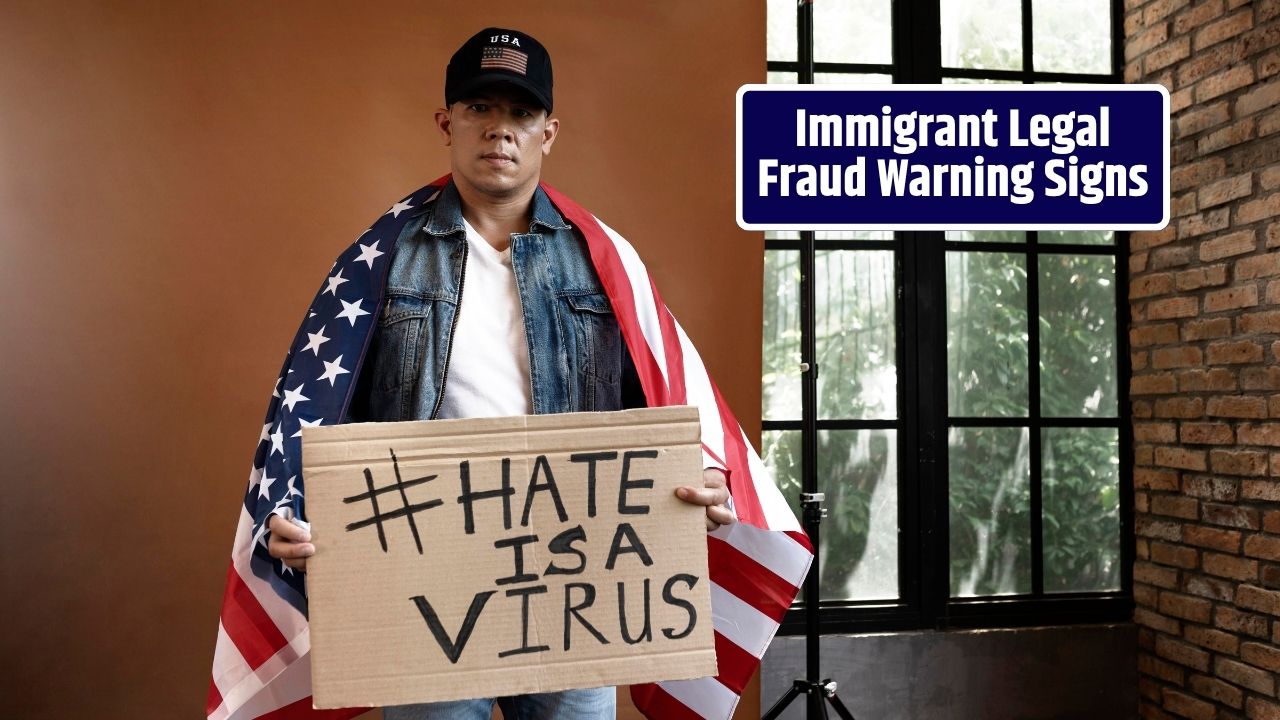Something major is brewing in D.C. this fall—and if you’re an immigrant, work with immigrants, or just follow immigration policy, this one’s got huge implications.
The U.S. Supreme Court is set to hear a high-stakes immigration case that could reshape how much power federal courts have to review deportation decisions made by immigration officials. We’re talking precedent-level stuff here.
But let’s unpack what’s really going on, minus the legal jargon.
So… What’s the Case About?
At the center of this legal showdown is a deceptively dry-sounding question:
Can federal courts step in when immigration judges deny relief (like asylum or cancellation of removal) based on a factual dispute?
In plain English: if an immigration judge says, “Sorry, we don’t believe you deserve to stay,” can a regular court double-check their facts?
Or is that final?
The Case: Campos-Chaves v. Garland (and its siblings)
Actually, this case is part of a group of cases the Court has bundled together—Campos-Chaves v. Garland, Garcia v. Garland, and Mendez-Colin v. Garland. All of them circle around one key issue:
Should factual determinations made during deportation proceedings be off-limits to federal court review?
Right now, the government argues: Yes.
Immigrant advocates say: That’s dangerous.
And the justices are stepping in to break the tie.
Why This Case Is a Big Deal
Because if the Court sides with the government, it could drastically limit the ability of immigrants to challenge deportation orders, even when those decisions are based on questionable or outright wrong facts.
Let’s say an immigration judge misunderstands evidence or overlooks critical testimony. Under current practice, you can sometimes appeal to a federal court.
But if this case goes the wrong way?
That door might slam shut for good.
Imagine This…
You’re an asylum seeker. You testify that you faced persecution, but the judge doesn’t believe you—maybe your story’s inconsistent (due to trauma or translation issues). You lose your case.
If factual errors can’t be appealed?
You’re out of luck, no matter how strong your case really was.
What’s at Stake?
| Issue | What It Could Mean |
|---|---|
| Federal court oversight | May be dramatically reduced in immigration cases |
| Due process rights | Immigrants could lose key protections |
| Asylum & deportation relief | Harder to reverse unjust decisions |
| Judicial balance of power | Shift more authority to DHS & immigration judges |
This isn’t just about a handful of people—it could affect thousands of deportation cases every year.
The Legal Backdrop: Chevron, Again?
This case comes right after the Supreme Court overturned Chevron deference (in Loper Bright v. Raimondo), which had long allowed federal agencies to interpret ambiguous laws.
In other words, the Court is on a roll with reshaping how much power federal agencies should have.
So here’s the tension: Should immigration judges (under the Executive Branch) get the final say on facts? Or should federal courts be able to intervene when it looks like something’s gone wrong?
Where Do the Justices Stand?
Too early to call—but it’s interesting.
- The conservative wing of the Court has shown increasing skepticism of unchecked agency power.
- But they’ve also been less sympathetic to immigrant protections in some rulings.
- The liberal justices are likely to push for judicial oversight, especially in life-altering deportation cases.
So yeah—this could be close.
Eyes on Roberts and Barrett, as usual, to see where they tilt.
When Will We Know?
The case will be argued this fall—probably October or November 2025.
Expect a decision by June 2026, unless they drop it earlier.
Why You Should Care (Even If You’re Not in Deportation Proceedings)
Because legal precedent spreads. If the Court narrows judicial review here, you could see similar reasoning show up in:
- Visa denials
- Green card refusals
- Asylum claim rejections
- Parole decisions
It’s a slippery slope when courts can’t step in to correct factual errors.
And let’s not forget—immigration courts aren’t part of the judicial branch. They’re run by the Department of Justice. That’s an important distinction.
FAQs
Does this mean immigrants can’t appeal deportation?
Not exactly. But if the Court rules in favor of the government, federal courts may no longer be able to review factual mistakes—only legal ones.
Who brought the case?
Immigrants who were denied relief from removal and claimed the decisions were based on flawed or misunderstood facts.
Why is this different from normal appeals?
Immigration cases are already limited in what kind of appeals are allowed. This could make it even harder by eliminating judicial review of facts.
























